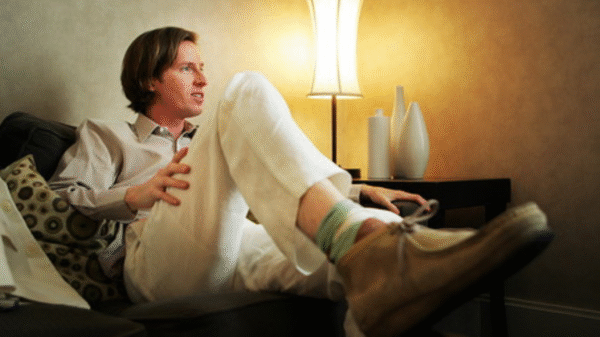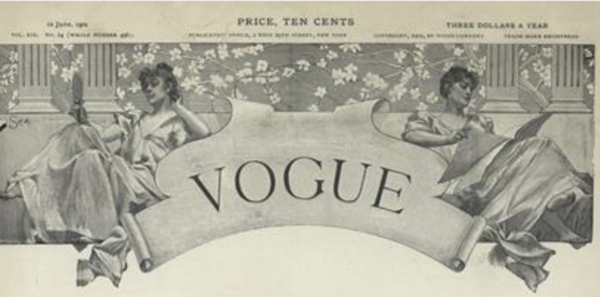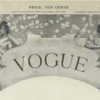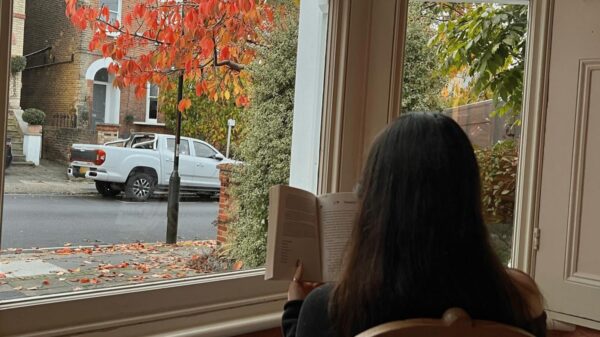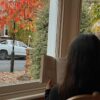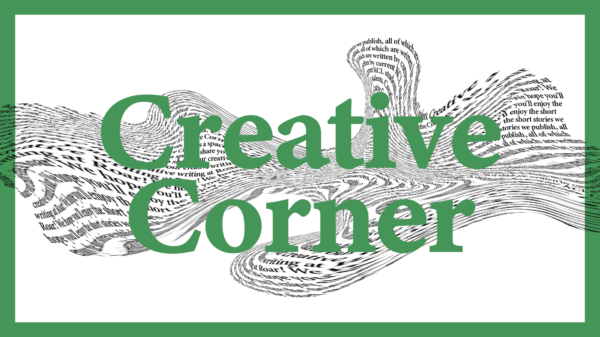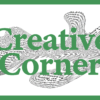By Steph F
Does pain really breed creativity? Steph discusses this difficult question, whilst giving us an insight into depression.
For as long as I can remember, I have wanted to be a writer. For nine years of that ‘as long as I can remember’, I have suffered with depression and anxiety.
At age 12, I recognised my own unhappiness. At 19, I admitted it and began to get the help and support I needed. And, at 21, I’m ready to talk about it.
There are many who believe that mental illness and ‘the creative’ are intertwined. Statistics state that creative people, writers in particular, have a higher risk of developing anxiety and bipolar disorder, schizophrenia, unipolar depression, and substance abuse. Writers are also twice as likely to kill themselves as the rest of the population.
It’s debated what comes first? The chicken or the egg, the illness or the creativity? Are creative people more likely to suffer with mental illness, or are those who suffer from mental illness more attracted to creative professions? There’s also a question mark over how well they work together. Are those with mental health issues struggling creative geniuses, or does mental illness hold back and inhibit creative success?
As a clinical depressive/anxiety sufferer/mental health patient/whatever you want to label me as, and a writer, I can only approach this issue in one way: with my own personal experience. Of my body of creative writing work, 100% of it is based in some way on something or someone that I have experience of, and I’d say at least 70% of it is inspired by my struggles with mental health.
They say the best writing comes from writing what you know, and after so many years of struggling, there aren’t many things I know better than my depression. I know what it’s like to be a friend, a family member, a student, a traveller, a worker, but nothing seeps into your every moment, every thought you have, like depression does. For that, it is my most loyal friend, and my most hated enemy.
If I were to look for the positives in my problems with mental health, I could find many. Depression is dull, draining, and destructive. It tears lives apart. However it’s also, in my experience, character building. On coming out of it, it gives you a new appreciation for the world and what you have, and it gave me a lot to write about.
I can’t say I wrote any masterpieces while in the depths of my illness. I used writing as an escape, a therapy of course. For a writer, nothing heals like having a pen in your hand and letting the ink express your emotions. But in those instances, you get out what you can. Your life and your mind are so dominated by the force that is depression, that you can’t ask for poetic lyricism, or the next great British novel. All you can ask for is a bit of truth, and I believe that with mental illness, that’s the best thing you can get.
One of my favourite books is The Bell Jar, the first and only novel by Sylvia Plath. It’s seen by many as a parallel to Plath’s personal experience with what is presumed to be clinical depression. A month after its UK publication she committed suicide.
Plath wrote the novel when in the depths of depression, which I think is a remarkable feat. At my lowest points, when my mind was screaming at me to find a belt and hang myself from my curtain pole, I can assure you that no critically acclaimed novel was coming out of me. My brain was so full of these thoughts and feelings of self loathing and self destruction, that I could barely put a normal sentence together.
But maybe that’s what the beauty of it would have been? Maybe I should have picked up a pen and just written during those moments, and whatever came out I could claim to be creative genius. Yet I always find myself wondering, would that really be me writing, or would it be my illness?
In the same way that I, and every other mental health patient, do not want their life to be defined by their mental illness, I would hate for my written work to be defined in such a way. Mental illness is a part of me, it is something that befell upon me, yet it is not me, and nor should it be my writing. When I write now, I write about depression, but I do not write as depression.
I would be a fool to deny the half of my life which has been spent not only battling depression, but learning both about myself and the world around me. Therefore I feel it is my duty to write about my experiences.
I’ve written poems about getting into depression, being in depression, coming out of depression. And every single one of these poems is written by me, not my illness. That’s where I think we need to draw the line between mental illness and creativity.
Mental illness is what, in some strange way, I would call my muse. It’s given me a body of work that I, in all likeliness, could not have got from anywhere else. Yet it has not given me my talent. In the same way that depression is not me, and I am not depression, depression is not my writing.
Just like my life now, my writing is all mine.
King's College London. Award-winning student newspaper, a platform to share your story, and a publication that holds entities accountable when no one else dares.



